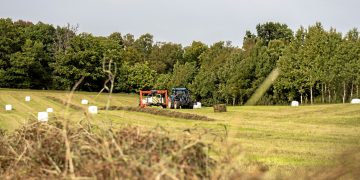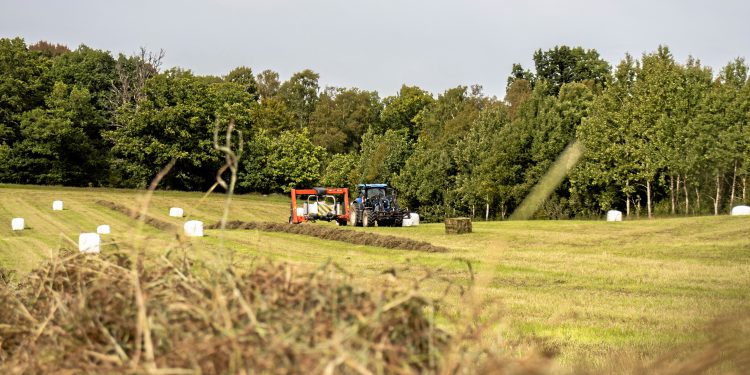#Agriculture #Sustainability #EnvironmentalStewardship #FoodProduction #ClimateChange #FarmingMethods #EducationInFarming #GlobalPerspective
In response to Ester Hertegård’s editorial, titled “Främst behöver vi matproducenter – inte miljöhjältar” (Primarily, we need food producers – not environmental heroes), Margareta Dahlberg raises critical questions about the perceived conflict between agriculture, food production, and environmental stewardship. Dahlberg challenges the notion that educational institutions aim to produce “miljöhjältar” or environmental heroes, emphasizing that the focus is on terms like “livsmedelsproduktion” (food production) and “hållbarhet” (sustainability).
Contrary to the idea that climate change might positively impact farming conditions, Dahlberg draws attention to the challenges faced by farmers, such as delayed crop germination and unexpected weather patterns affecting harvesting. She argues that relying on advanced farming knowledge and methods to interpret and adapt to climate change is a more sustainable long-term strategy than expecting climate changes to inherently benefit agriculture.
In the ongoing debate, Dahlberg acknowledges the importance of considering both food production and environmental aspects. She suggests that well-educated farmers, capable of interpreting and managing climate changes, can contribute to sustainable practices that benefit both economic gains and environmental conservation.
Margareta Dahlberg, Production Advisor at MD Agricultural Council, concludes by highlighting the need for a global perspective in addressing the challenges of balancing food production and environmental concerns. As the world population continues to grow, maintaining a focus on producing the necessary quantities of food is crucial. Dahlberg hopes that a sense of responsibility for both food security and environmental sustainability will inspire the future generation of farmers.
Margareta Dahlberg’s insights shed light on the complexities of the relationship between agriculture, food production, and environmental considerations. Striking a balance between meeting the growing demand for food and adopting sustainable farming practices emerges as a key challenge. Dahlberg advocates for an approach where well-educated farmers, equipped with the ability to navigate climate changes, play a pivotal role in ensuring both food security and environmental stewardship.































